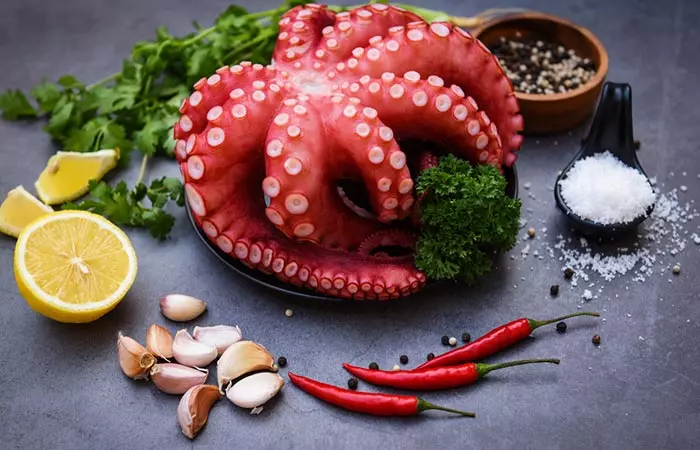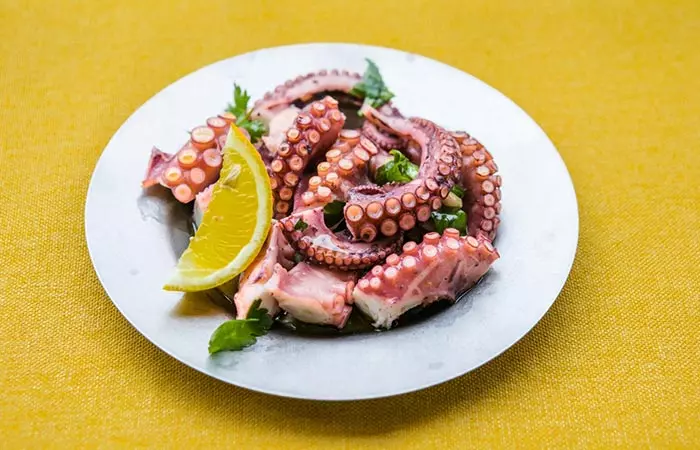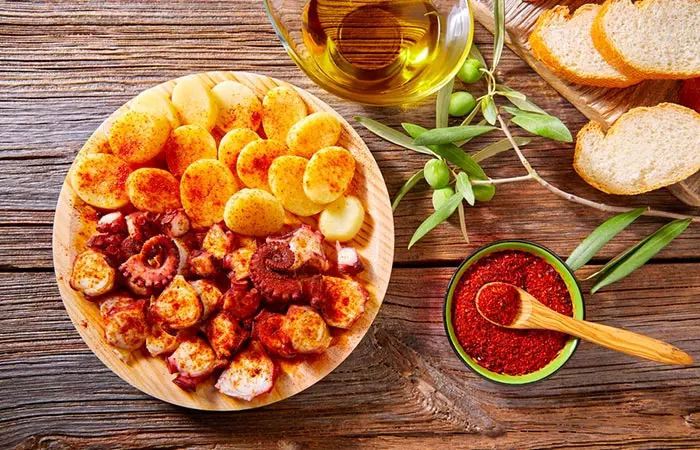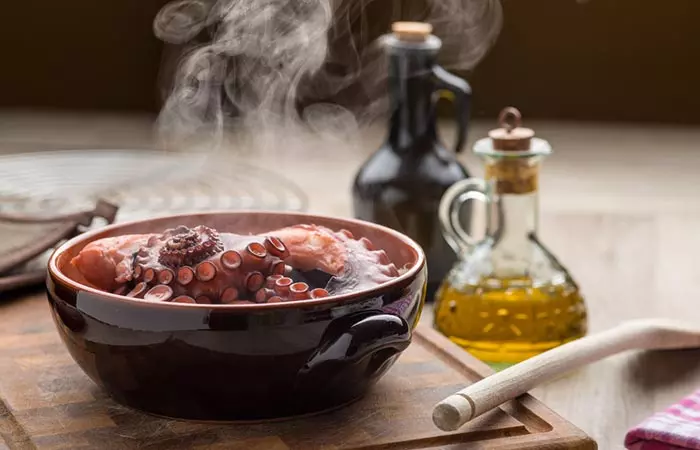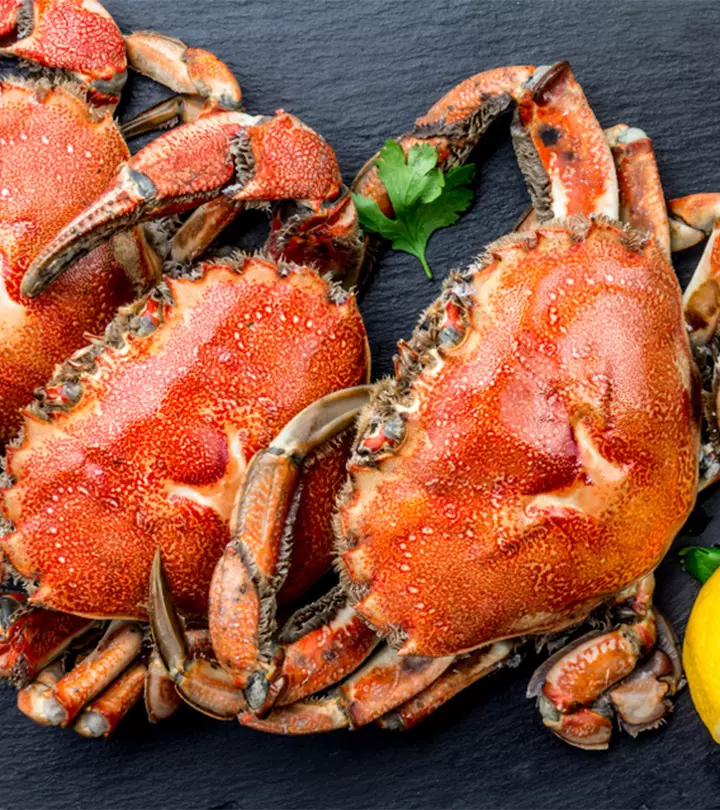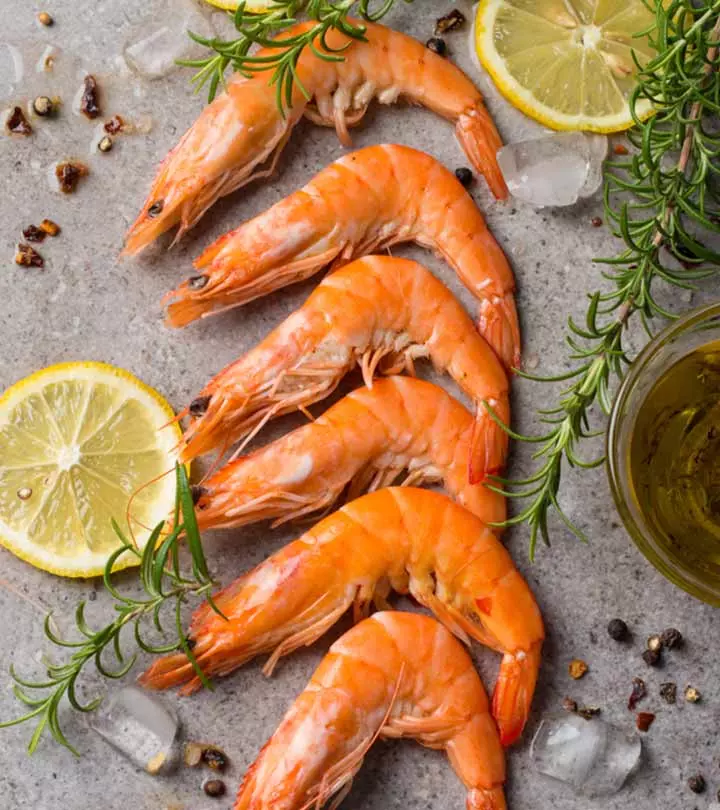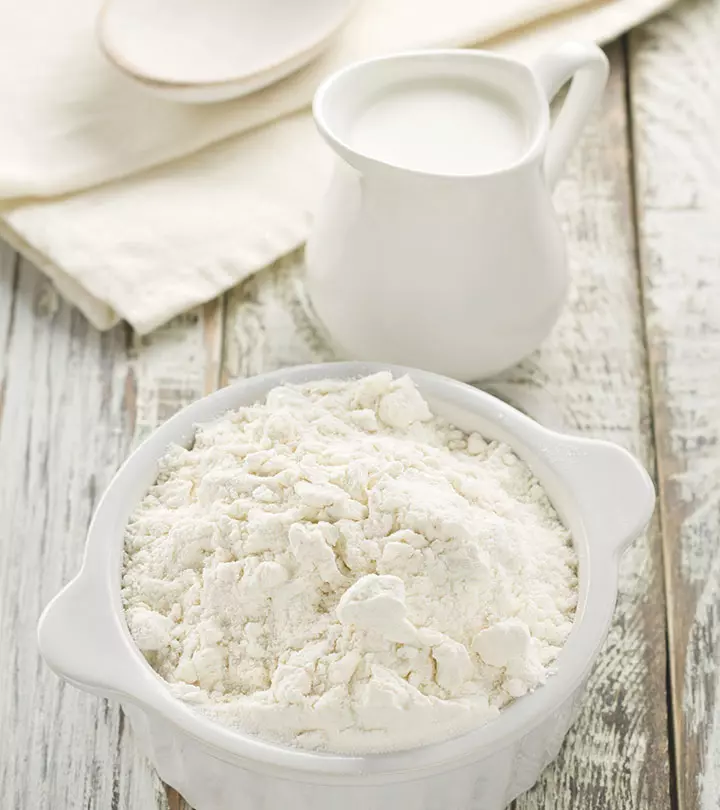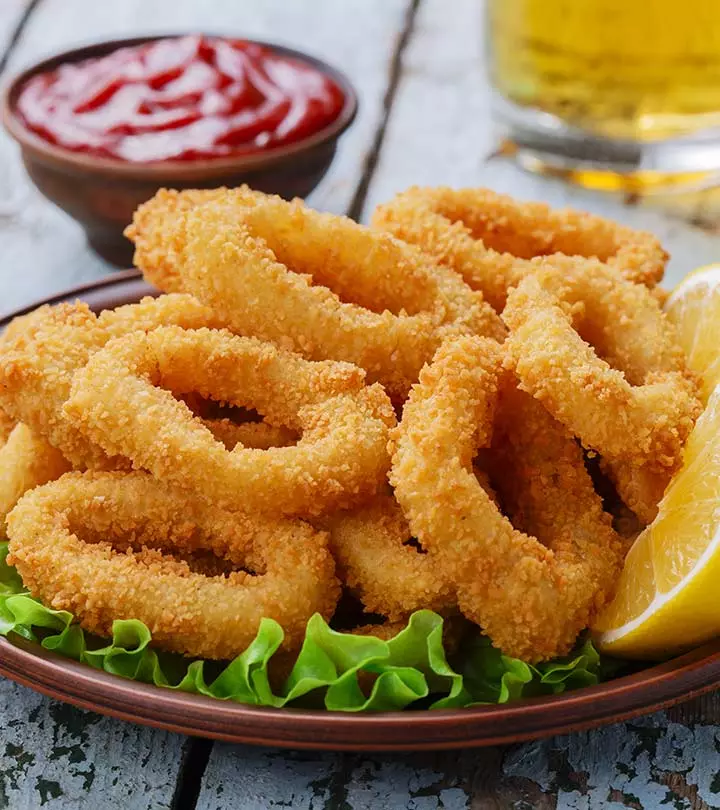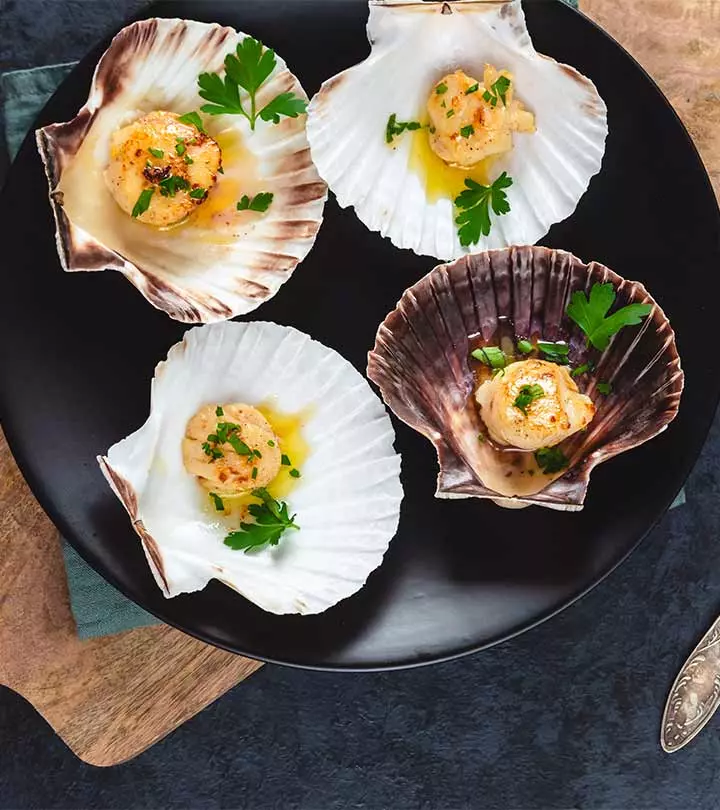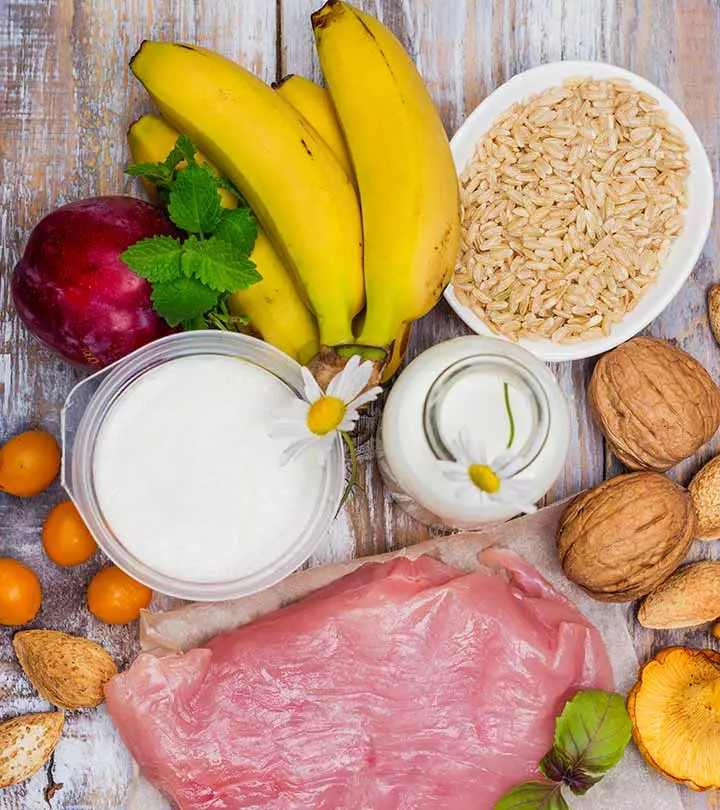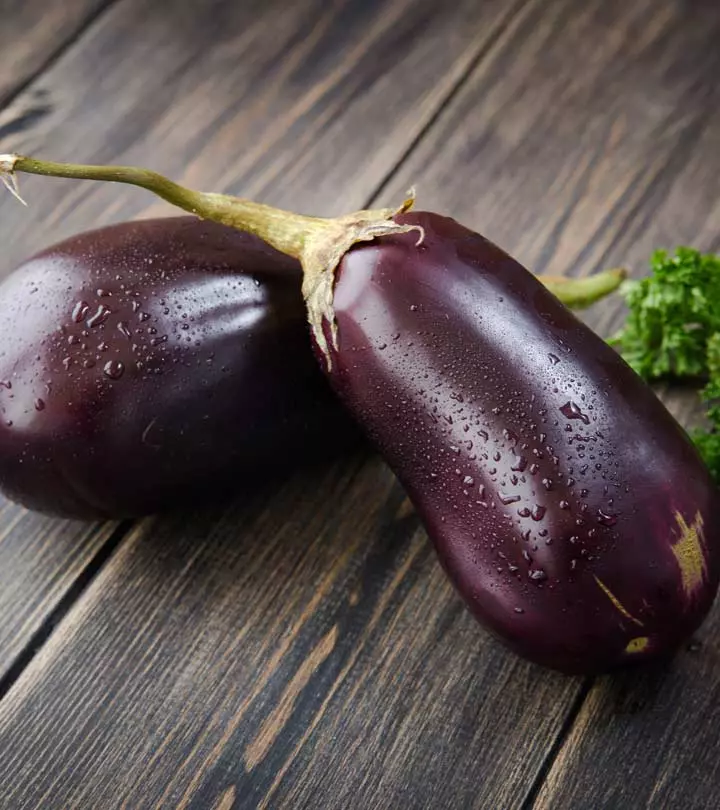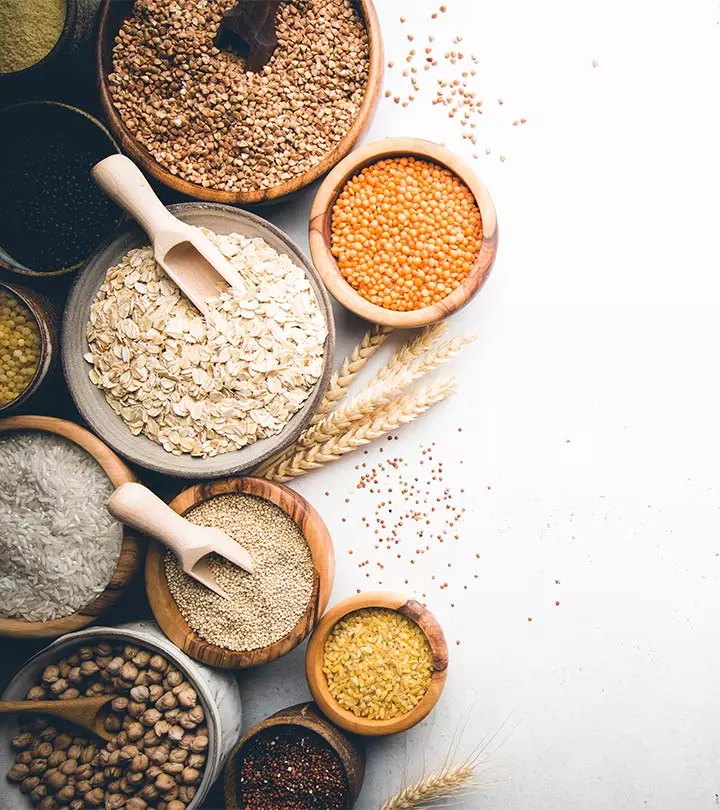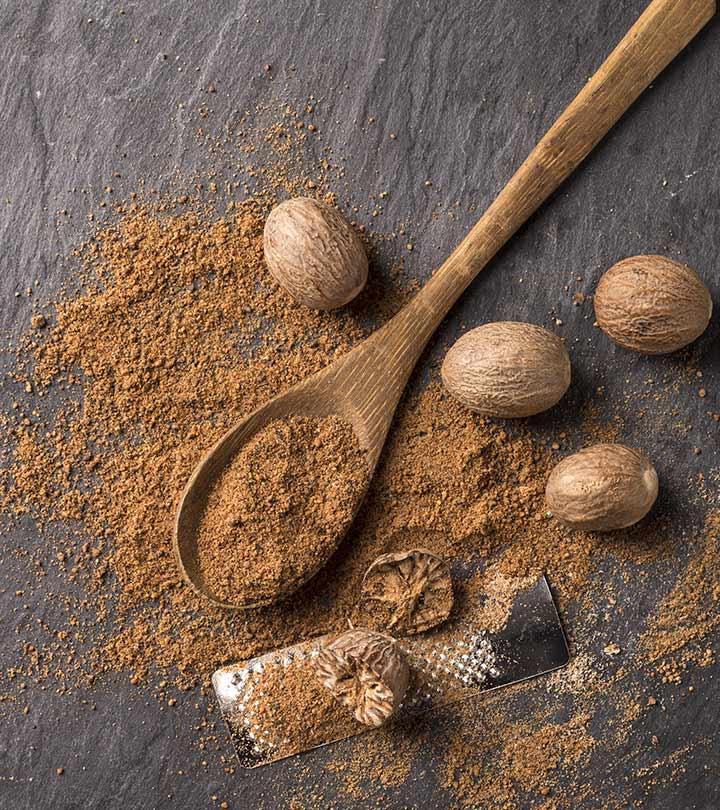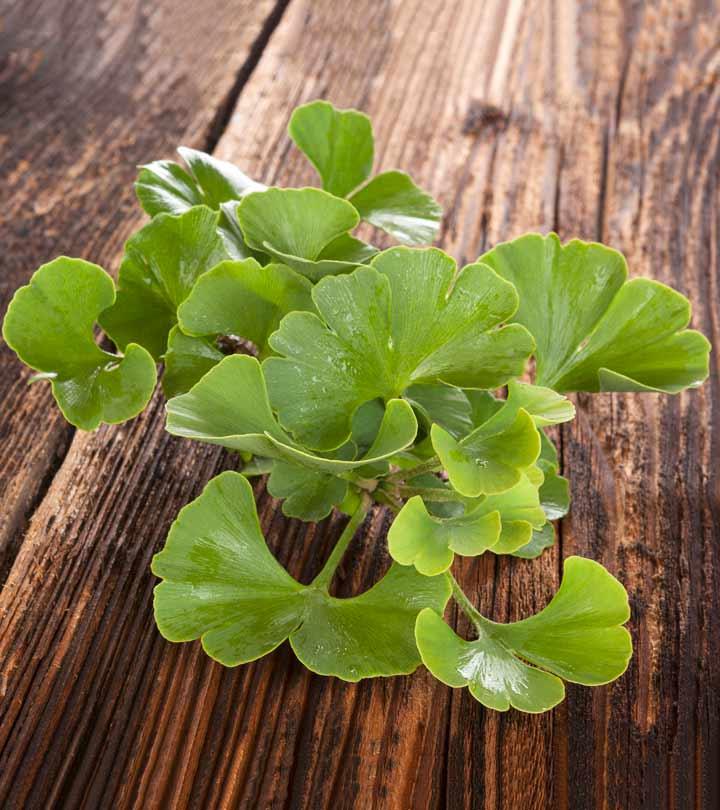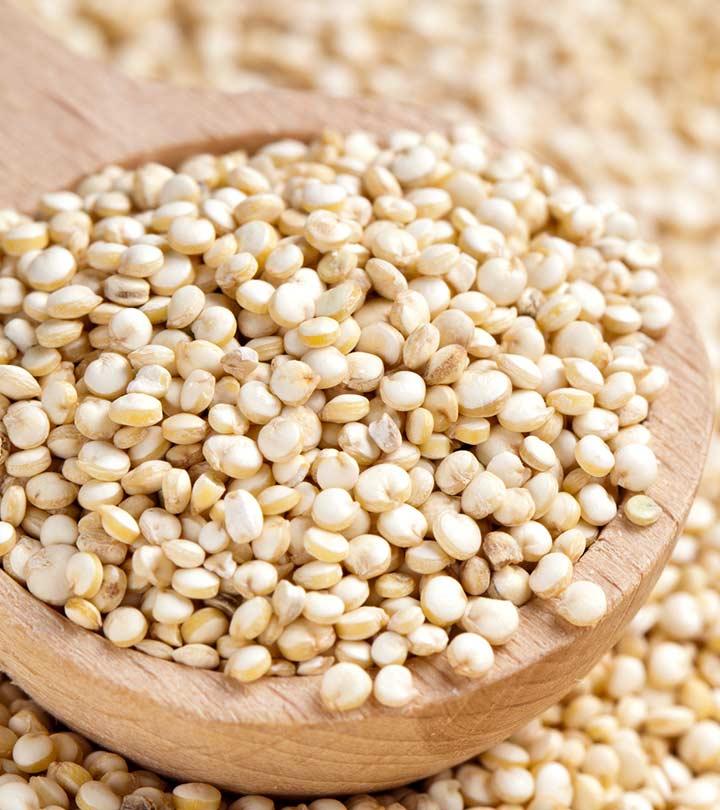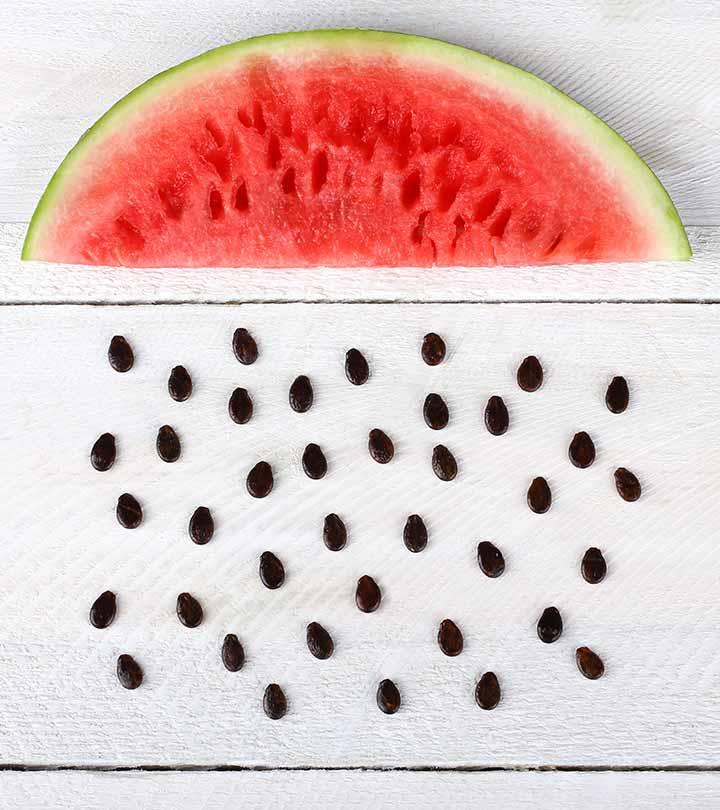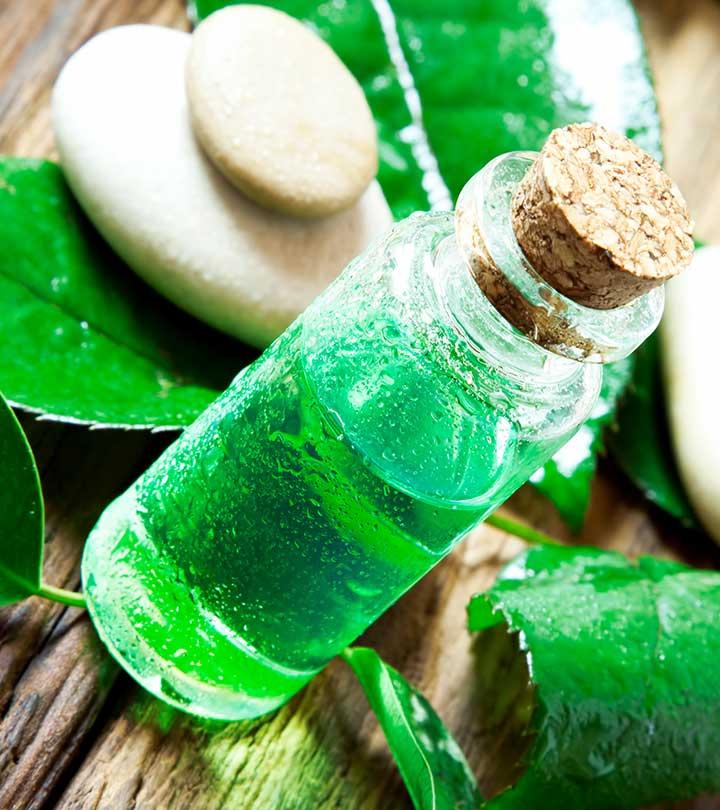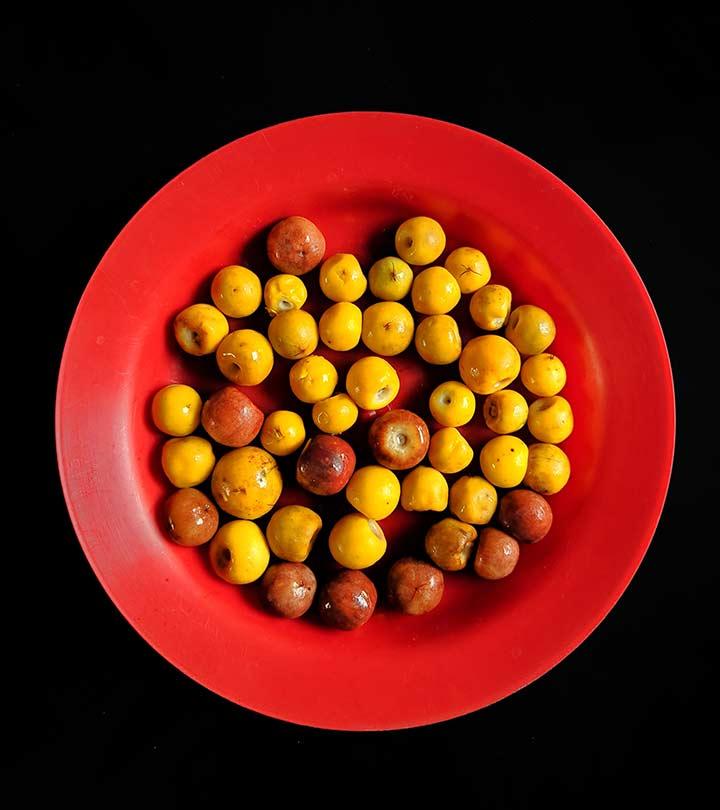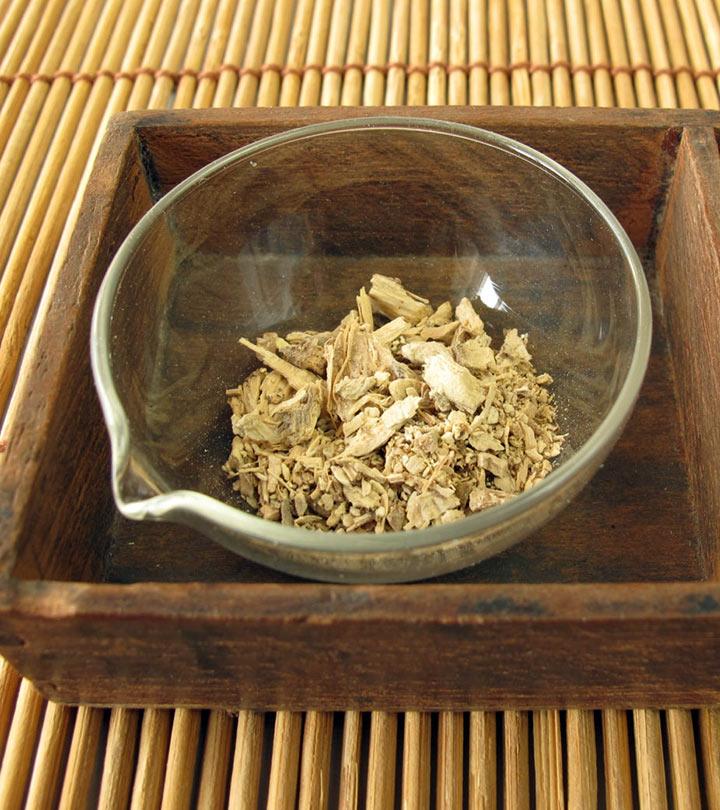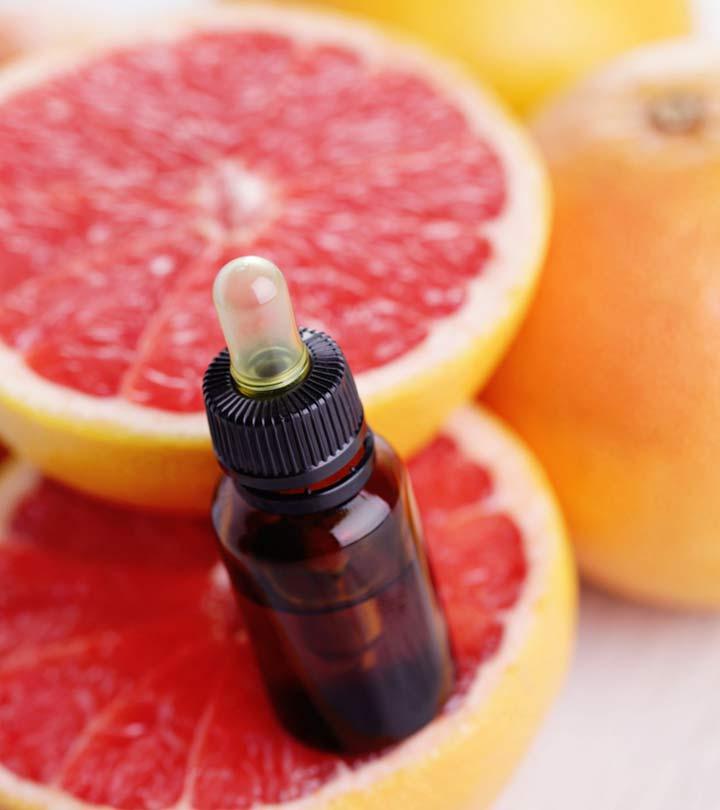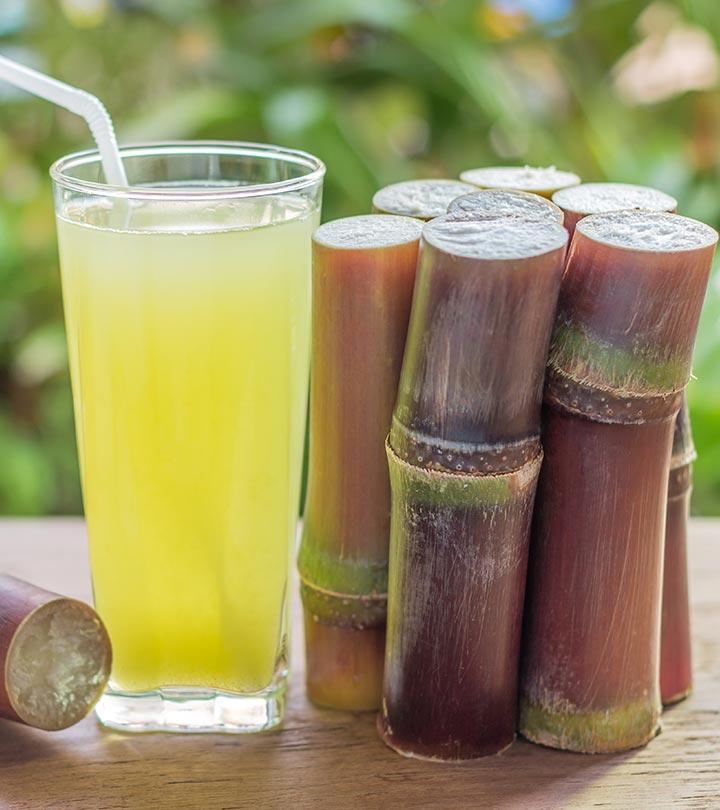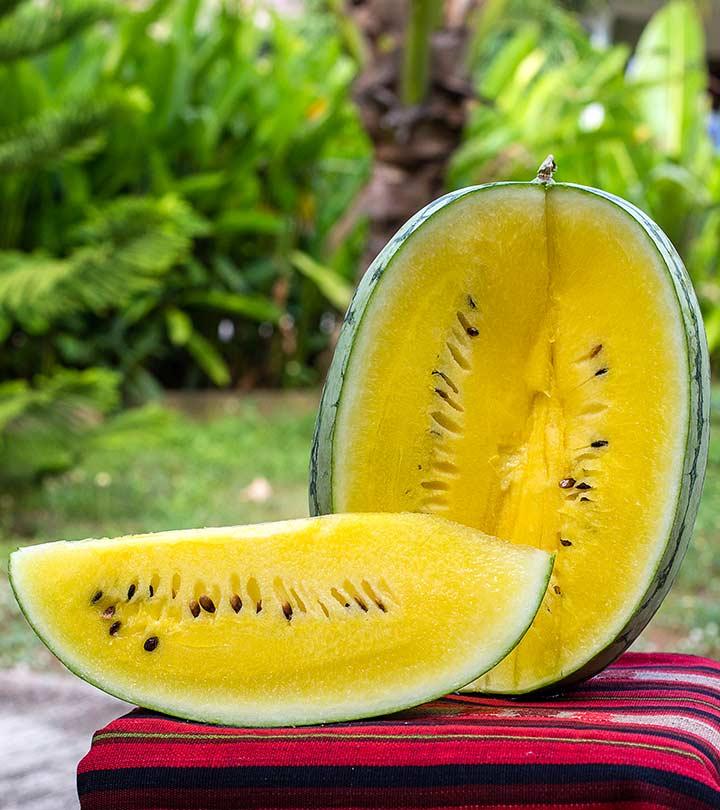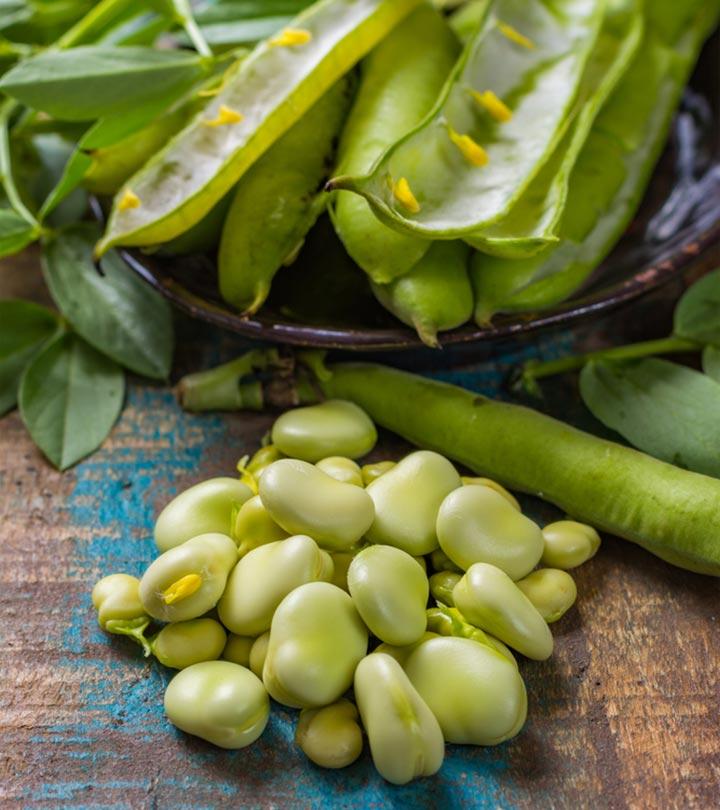Is Octopus Healthy? Nutrition, Recipes, Risks, And More
After all, this eight-legged mollusk is not just delicious but super nutritious too.

Image: Shutterstock
Octopus is a soft-bodied mollusk with high omega-3 fatty acid and protein content. This versatile seafood is a staple in the Mediterranean and East Asian cuisines. Octopus benefits your health in many ways with its rich nutrition profile. The antioxidants, essential amino acids, and other micronutrients in octopus help address many ailments. They may promote cardiovascular health and regulate blood glucose levels. This article explores octopus nutrition profile, its health benefits, possible side effects, and some recipes. Keep reading.
 Know Your Ingredient: Octopus
Know Your Ingredient: OctopusWhat Is It?
An eight-legged mollusk found in the oceans.
What Are Its Benefits?
Octopus is rich in omega-3 fatty acids that help in fetal development, improve cognitive functions, and maintain cardiovascular health, while the antioxidants strengthen immunity.
Who Can Consume It?
Everyone can eat octopus, as long as they are not allergic.
How Often?
Octopus should be consumed in moderation as they are high in sodium and cholesterol.
Caution
Individuals allergic to proteins in shellfood and shellfish must avoid octopus.
What Is Octopus?
Octopuses are eight-legged cephalopods (a type of mollusk) found in the Indian, Pacific, and Atlantic oceans. The common octopus or Octopus vulgaris is the commonly available and consumed octopus species.
 Fun Fact
Fun FactThe suckers along the arms of the octopus give it a great unique texture. As a result, octopus arms are among the most coveted seafood parts among chefs. However, the popularity of the cephalopod as a delicacy gained momentum due to its rich nutrition profile.
In This Article
Octopus Nutritional Information
A 100g serving of cooked octopus contains (2):
Calories | 164 kcal |
Proteins | 29.8 g |
Carbohydrates | 4.4 g |
Total lipids (Fat) | 2.08 g |
Sodium | 460 mg |
Potassium | 630 mg |
Calcium | 106 mg |
Iron | 9.54 mg |
Magnesium | 60 mg |
Phosphorus | 279 mg |
Zinc | 3.36 mg |
Cholesterol | 96 mg |
Selenium | 89.6 µg |
Vitamin C | 8 mg |
Dr. Madathupalayam Madhankumar, a gastroenterologist, says, “Octopus has good amounts of iron, selenium, omega-3 fatty acids, vitamin B 12, copper, potassium, calcium, and magnesium. It contains carbohydrates but not at high levels.” All these essential fats and nutrients have several health benefits.
Health Benefits Of Octopus
1. Rich In Omega-3 Fatty Acids
The octopus contains high amounts of omega-3 fatty acids, including eicosapentaenoic acid (EPA) and docosahexaenoic acid (DHA). EPA and DHA are crucial for fetus development, maintaining cardiovascular health, and improving cognitive function in people with mild Alzheimer’s disease (3), (4).
2. Good Source Of Antioxidants
Octopus contains essential amino acids and antioxidants and can be used to formulate functional foods (foods that offer health benefits) (5). Antioxidant-rich diets help strengthen the immune system to improve the body’s disease-fighting abilities. Moreover, antioxidants neutralize free radicals and help reduce inflammation.
3. May Boost Metabolism
Octopus contains iron and vitamin B12. Lack of these nutrients affects the body’s metabolic functions, and deficiency of either nutrient may cause anemia (6).
 Trivia
Trivia4. May Lower Plasma Fat Levels
An animal study found that Adimchae (a type of kimchi containing octopus) could lower plasma lipid levels and prevent plaque formation (fatty deposits) in the arteries (7). This may reduce the risk of cardiovascular conditions.
5. May Have Antibacterial Effects
The suction cups or suckers present in octopus arms contain a peptide called OctoPartenopin, which is active against many gram-positive and negative bacteria, especially Staphylococcusi A group of bacteria that commonly cause skin infections and are transmitted via contact with people and objects. and Pseudomonasi Bacterium that spreads through contact commonly and is found in plant life, human skin, and feces. . This peptide can be used to develop antibacterial agents and food preservatives (8).
6. May Promote Cardiovascular Health
Octopus (Amphioctopus neglectus) contains macrocyclic lactonei A product created through fermentation of soil microbes that affects the nerve and muscle cells of parasites and causes their death. , a bioactive compound that can inhibit the angiotensin-converting enzyme (ACE)i An enzyme that relaxes veins and arteries and reduces blood pressure by blocking a hormone that narrows blood vessels. , responsible for causing hypertension. Additionally, it contains taurine, may help prevent blood clots by lowering cholesterol levels in blood vessels (9).
7. May Help Manage Diabetes
A study on diabetic rats found that using octopus proteins as a dietary supplement could reduce blood glucose levels. The researchers concluded that octopus proteins could prevent complications caused by diabetes, especially toxic liver disease (hepatotoxicity) (10).
Don’t these benefits make octopus well worth trying? Read on to learn how you can get started.
How To Add Octopus To Your Diet: Popular Recipes
Octopuses are highly sought after in southern European and Asian countries. You can consume them boiled, grilled, baked, or fried.
It can be tricky to cook octopus at home because it becomes tough, rubbery, and dry when overcooked. However, it is tender, moist, a bit spongy, and crunchy if cooked well. Raw octopus with sesame oil has a smooth, salty-sweet taste with nutty undertones. Here are a few recipes you may try.
1. Marinated Octopus
This Greek appetizer is usually served with soups and salads.
What You Need
- 1 kg octopus
- 1 cup of red wine vinegar
- 2 tablespoons of olive oil
- Dried oregano for garnish
How To Prepare
1. Remove the ink sac, stomach, beak, and eyes from the octopus under running water.
2. Boil the octopus in a pot for 10 minutes.
3. Remove from heat and drain. Rub it under running water to remove the dark outer membrane.
4. Boil the octopus in a pressure cooker (without a lid) with enough water to cover it. Once the water starts boiling, put the lid, and cook for 10 minutes under pressure. Reserve the water.
5. Chop the octopus into bite-sized pieces.
6. Put them into a bowl and add the reserved water and all the ingredients. Mix well.
7. Refrigerate for at least 5 to 6 hours before serving.
8. Put the octopus pieces in a serving bowl and top it with olive oil and oregano.
2. Braised Octopus In Paprika Sauce
Spice up your snack game with this easy-to-make Spanish snack!
What You Need
- 1 kg octopus
- ¼ cup of oregano
- ¼ cup of rosemary
- ¼ cup of bay leaves
- ¼ cup of parsley
- ¼ cup of thyme
- 3 garlic cloves (chopped)
- ½ teaspoon of salt
- 1 teaspoon of black pepper
- 1 tablespoon of sweet paprika
- ½ cup of olive oil
- 2 lemons
How To Prepare
1. Boil the octopus for 8 minutes. Discard the head after boiling.
2. Put the octopus arms in a pot with oregano, rosemary, bay leaves, parsley, and thyme.
3. Cook at 200°F for 3-4 hours until tender.
4. Chop the octopus into bite-sized pieces.
5. Combine garlic, salt, pepper, and paprika until you get a paste. Add olive oil and mix well.
6. Toss the octopus with the paprika-garlic sauce in a large bowl.
7. Juice one lemon into the bowl and toss to combine. Enjoy!
3. Stewed Octopus
Serve this southern Italian dish at a barbecue or dinner party for a weekend treat!
What You Need
- 1 kg octopus
- 4 tablespoons of olive oil
- 4 garlic cloves (finely chopped)
- 1 cup of white wine
- 1 cup of tomatoes (chopped)
- 1 teaspoon of chili flakes
- 1 teaspoon of salt
- 2 tablespoons of honey
- 2 tablespoons of dill (chopped)
- 4 tablespoons of parsley (chopped)
- Freshly ground black pepper, as needed
How To Prepare
1. Boil the octopus in salted water for 1 to 2 minutes.
2. Chop it into bite-sized pieces and sauté in olive oil over medium-high heat for 2 to 3 minutes.
3. Add garlic and sauté for another minute or two.
4. Add the wine and bring to a boil.
5. Stir in the tomatoes and chili flakes. Let it simmer for 3 to 4 minutes.
6. Add about a teaspoon of salt and honey. Stir well, cover, and cook for 30 minutes. Add half the dill and parsley.
7. Cook the octopus for 45 minutes more if it is still extremely chewy.
8. About 10 minutes before the octopus is done, uncover the pot and increase the heat a little to cook down the sauce.
9. Sprinkle black pepper, the remaining parsley, and dill before serving. Pair with garlic bread or pasta of your choice!
Amy, a blogger, shared her experience with eating pulpow, a Galician delicacy made of octopus. She describes its unique texture as having a firm scallop-like center and a chewier, tentacle-like exterior. She adds, “Thus, I speared my first centimeter-wide slice of octopus with my tiny toothpick and dug in. My first reaction was, “For octopus, this isn’t bad!” That was followed by the utter shock of spiciness (i).“
This delicious treat might not be for everyone. In the next section, experts explain the reason why.
Possible Side Effects And Allergies of Octopus
Dr. Madhankumar says, “It is high in sodium and cholesterol. It can cause allergies in people allergic to shellfish. There is also a risk of the presence of heavy metals in octopuses.” Therefore, consume octopus in moderation to reap its benefits and avoid possible side effects.
Definitely, these cephalopods are relished for their exquisite tastes, but they are more than that. Let’s take a look at some interesting facts about this incredible eight-limbed mollusk.
Facts About Octopus
1. Octopuses are known for their problem-solving abilities and complex behaviors, such as using tools and escaping from enclosures.
2. They can change the color and texture of their skin to blend seamlessly with their surroundings.
3. Octopuses have eight long, flexible tentacles with suckers that they use to capture prey. Each arm can operate separately and is controlled by a separate nerve center.
4. Most octopus species have a short lifespan, typically between one to three years. Female octopuses from certain species die shortly after laying eggs, as they invest their energy in nurturing their offspring.
5. Octopuses have complex eyes that can detect polarized light and allow them to perceive their environment in detail.
Infographic: Top 5 Health Benefits Of Octopus
The octopus is often relished in innumerable Asian dishes due to its delicious taste and clean texture, but many are not aware of its health benefits. If you have been wanting to incorporate it into your diet lately but need a little more convincing, check out the infographic below. Get to know about the top 5 health benefits of consuming octopus.

Illustration: StyleCraze Design Team
Octopus benefits go beyond its wonderful texture and delightful taste. It is packed with omega-3 fatty acids, proteins, vitamins, minerals, and beneficial compounds. This Mediterranean and East Asian delicacy can help promote overall health. Consumption of octopus may help boost intelligence, cognitive function, metabolism, and immunity. In addition, it is good for your heart as it may help lower blood pressure and blood cholesterol levels and reduce fat buildup in the blood vessels. However, excess consumption of octopus may lead to some adverse effects. For more detailed information on octopus nutrition facts, it is advisable to consult with a healthcare professional.
Frequently Asked Questions
Is octopus good for weight loss?
Octopus is low in fats and a rich source of complete protein, making it an ideal inclusion in a weight loss diet regimen.
Is octopus high in cholesterol?
Octopus is a lean protein with a decent amount of cholesterol (about 96 mg per 100 g serving) (2). However, that still is less when compared to squid and shrimp (11), (12). The amount of dietary cholesterol also depends on the method of preparation with or without minimal oil.
Is octopus high in mercury?
While octopus varieties could have low to moderate mercury levels, they are not on the list of the best seafood options (13), (14). It is advisable to avoid octopus during pregnancy and breastfeeding.
What has more protein: chicken or octopus?
Octopus has more protein per 100 g serving when compared to chicken (2), (15).
Is frozen octopus good?
Yes, frozen octopus retains the taste and nutrition of a fresh octopus and might even be more tender.
Is octopus a superfood?
Rich in essential nutrients, vitamins, proteins, and omega-3 fatty acids, octopus makes for a healthy food option. It is also considered a superfood in some regions, like Greece, where it makes for a great alternative to red meat and dairy protein sources during Lent (the period of absence before Easter).
Is octopus red meat?
Octopus has red to purplish mottled skin. However, it has delicate white meat underneath that turns translucent on cooking.
Is octopus keto-friendly?
Octopus has a fair amount of carbs and is not suitable for a ketogenic dieti A weight loss diet involving intake of more fats, moderate protein, and fewer carbs to deplete sugar reserves and burn fat for energy. (2), (16).
Is octopus good for testosterone?
Studies suggest that D-aspartic acidi An acid that stimulates the release of a specific brain hormone, causing increased testosterone production, better sleep, and circulation. in octopus may increase testosterone levels in male animal specimens. However, the same has not been established for humans yet (17), (18).
Key Takeaways
- Octopus is low in carbohydrates and packed with essential omega 3-fatty acids, protein, iron, selenium, vitamin B 12, copper, potassium, calcium, and magnesium.
- Incorporating it into the diet can improve cardiovascular health, strengthen the immune system, and reduce inflammation.
- However, octopus should be consumed in moderation as it is high in sodium and cholesterol. It also may cause allergies in people allergic to shellfish and may contain heavy metals.
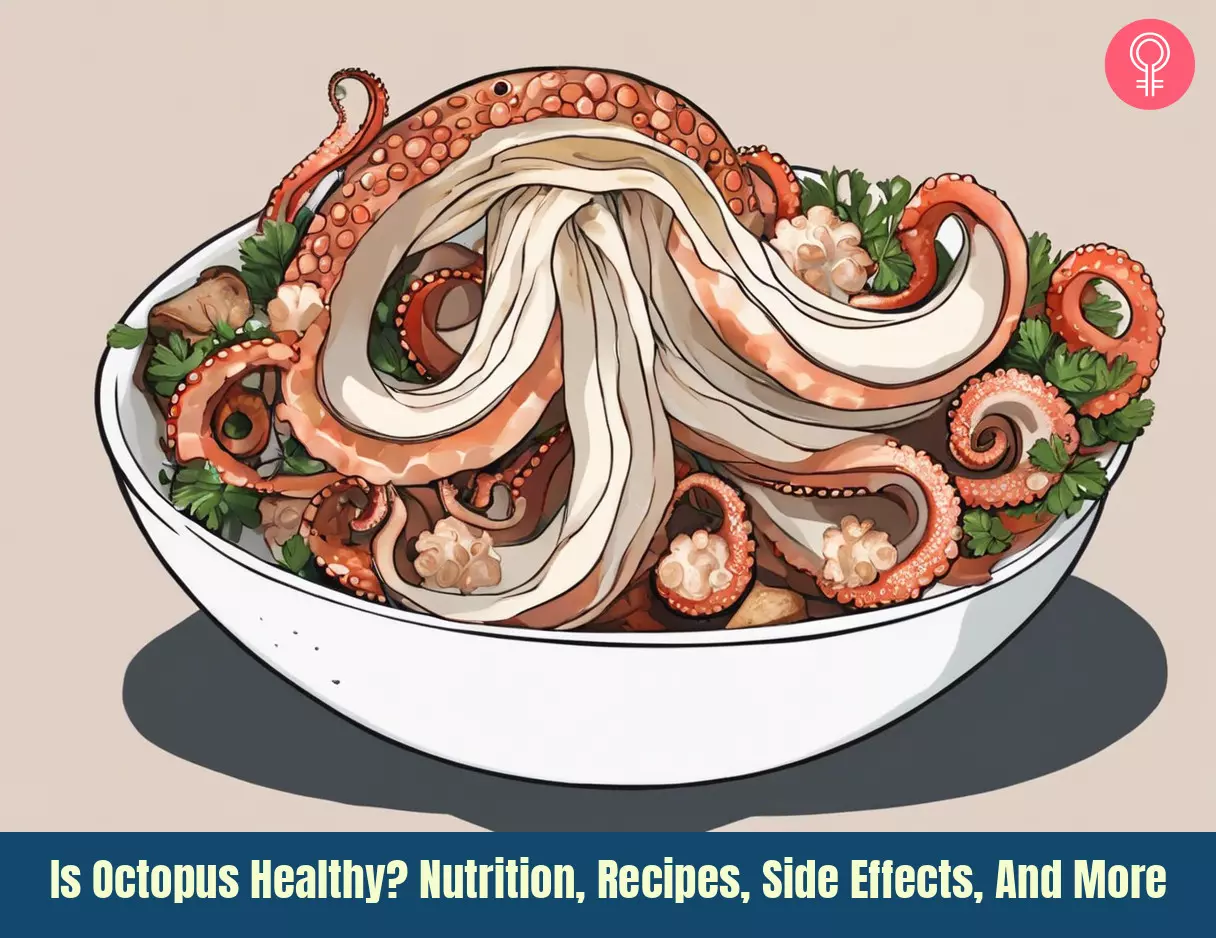
Image: Stable Diffusion/StyleCraze Design Team
Octopus is a nutritious seafood packed with essential vitamins and minerals. Click on this informative video to find out about the amazing health benefits of eating this wonderful ingredient.
Personal Experience: Source
StyleCraze's articles are interwoven with authentic personal narratives that provide depth and resonance to our content. Below are the sources of the personal accounts referenced in this article.
i. Eating octopus,https://bitesofspain.wordpress.com/2012/12/07/eating-octopus/
References
Articles on StyleCraze are backed by verified information from peer-reviewed and academic research papers, reputed organizations, research institutions, and medical associations to ensure accuracy and relevance. Read our editorial policy to learn more.
- Octopus vulgaris
https://animaldiversity.org/accounts/octopus_vulgaris/ - FoodData Central
https://fdc.nal.usda.gov/fdc-app.html#/food-details/174249/nutrients - Effects of Diet on the Volatile Flavor and Nutritional Ingredients of Common Octopus (Octopus vulgaris)
https://link.springer.com/article/10.1007/s11802-021-4538-1 - Omega-3 Fatty Acids EPA and DHA: Health Benefits Throughout Life
https://academic.oup.com/advances/article/3/1/1/4557081?login=true - Octopus vulgaris protein hydrolysates: characterization antioxidant and functional properties
https://link.springer.com/article/10.1007/s13197-017-2567-y - Iron vitamin B12 and folate
https://www.sciencedirect.com/science/article/abs/pii/S135730391730021X - Antiatherogenic effects of Korean cabbage kimchi with added short arm octopus
https://link.springer.com/article/10.1007/s10068-015-0033-z - OctoPartenopin: Identification and Preliminary Characterization of a Novel Antimicrobial Peptide from the Suckers of Octopus vulgaris
https://www.mdpi.com/1660-3397/18/8/380/htm - Macrocyclic lactones from seafood Amphioctopus neglectus: Newly described natural leads to attenuate angiotensin-II induced cardiac hypertrophy
https://www.sciencedirect.com/science/article/pii/S0753332218361158 - In vitro and in vivo anti-diabetic and anti-hyperlipidemic effects of protein hydrolysates from Octopus vulgaris in alloxanic rats
https://www.sciencedirect.com/science/article/abs/pii/S0963996918300759 - Mollusks, squid, mixed species, raw
https://fdc.nal.usda.gov/fdc-app.html#/food-details/174223/nutrients - Crustaceans, shrimp, cooked
https://fdc.nal.usda.gov/fdc-app.html#/food-details/175180/nutrients - Metal Concentration in Muscle and Digestive Gland of Common Octopus ( Octopus vulgaris) from Two Coastal Site in Southern Tyrrhenian Sea (Italy)
https://pubmed.ncbi.nlm.nih.gov/31261856/ - Advice about Eating Fish | FDA
https://www.fda.gov/food/consumers/advice-about-eating-fish#choice - Chicken, ground, raw
https://fdc.nal.usda.gov/fdc-app.html#/food-details/171116/nutrients - Ketogenic Diet – StatPearls – NCBI Bookshelf
https://www.ncbi.nlm.nih.gov/books/NBK499830/ - Identification of D-aspartic acid in the brain of Octopus vulgaris Lam
https://pubmed.ncbi.nlm.nih.gov/599339/ - The putative effects of D-Aspartic acid on blood testosterone levels: A systematic review
https://www.ncbi.nlm.nih.gov/pmc/articles/PMC5340133/
Read full bio of Tracy Tredoux
Read full bio of Ravi Teja Tadimalla
Read full bio of Aparna Mallampalli





